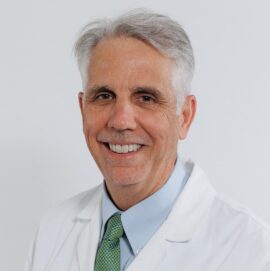
Heart disease is the leading cause of death for men in the U.S. Heart disease tends to affect men 10 to 15 years earlier compared to women.
It is important for men to understand and take necessary precautionary measures for their heart health. Being aware of symptoms, having regular checkups and modifying risk factors will lead to a healthier and longer life.
Understanding Symptoms
You must understand any symptoms you have so that you are able to identify what your body is going through.
Heart failure affects 6.2 million adults in the U.S. There are many medical conditions that increase your risk of heart failure like diabetes or obesity.
Symptoms for heart failure include:
- Fatigue
- Shortness of breath
- Chest pains
- Nausea or dizziness
- Irregular heartbeat
- Swelling in the ankles, legs and feet
Heart attacks happen when an area of the heart muscle does not get enough blood. Having high blood pressure or high cholesterol can increase your risk of having a heart attack.
Symptoms for a heart attack include:
- Pain or tightness in the chest
- Shortness of breath
- Feeling lightheaded, faint or weak
- Cold sweats
- Heartburn
- Pain that spreads to your shoulder, arms, back, neck and jaw
It is important to note that even if you do not have the above symptoms, you could still get heart disease.
Maintaining Heart Health
There are many ways you can maintain your heart health and reduce your risk of heart disease. The key to both is living a healthy, balanced lifestyle. With a combination of physical activity and smart dietary habits, you can surely improve your heart health.
Foods to avoid are:
- Red meat
- Fried foods
- Energy drinks and sugary drinks
- Baked goods and pastries
- Full-fat dairy products
Other ways to maintain your heart health include:
- Monitor blood pressure
- Limit alcohol
- Lower stress levels
- Quit smoking
If you are experiencing symptoms or want to learn more about men’s heart health, contact UofL Health – Heart Hospital at 502-587-4000. You can also click here to see all locations where UofL Health provides cardiology services to find a cardiologist near you. If you believe you are experiencing a heart attack, call 911.










